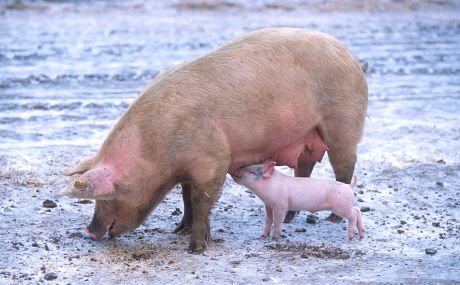
An EU-funded project has validated new technologies for reducing pathogen, reducing mortality and improving life-time growth performance, maternal immune transfer and meat quality in pig and poultry.
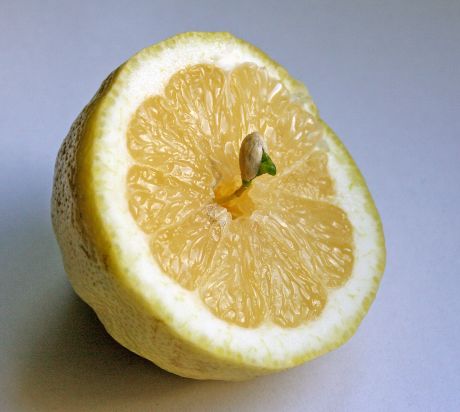
European researchers have investigated a highly significant biochemical process in plants that when modified will improve cropping – glycosylation.
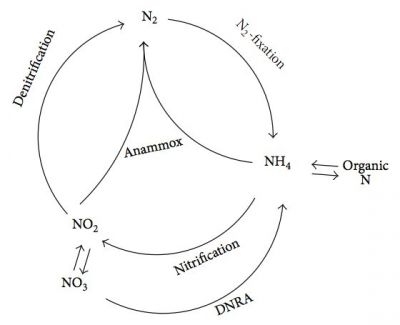
An EU project is investigating how plants in different ecosystems affect nitrogen cycling in the soil of that ecosystem.
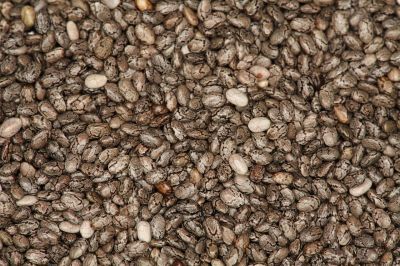
The way in which a plant disperses its seeds is expected to significantly influence its geographic distribution and level of adaptation to the local environment. However, this hypothesis has not been empirically tested nor is it clearly understood why closely related organisms differ in their dispersal behaviour.
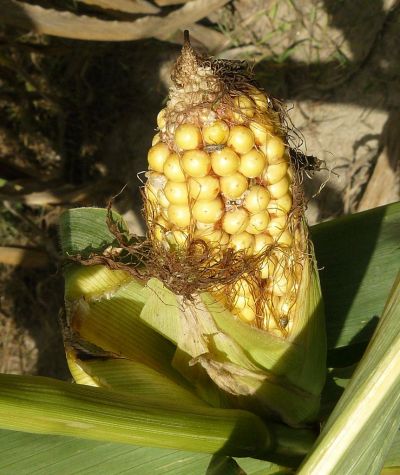
Researchers aim to improve food security by converting inefficient photosynthetic pathways in some food and fuel crops into pathways used by highly productive crops like maize.
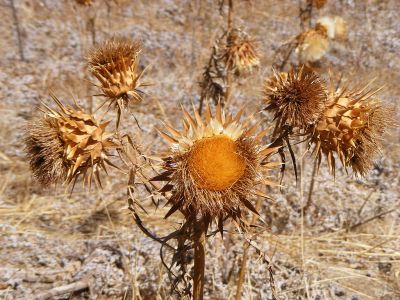
An international research project is collecting genetic data associated with environmental stress in crop plants to help breeders create stronger cultivars.
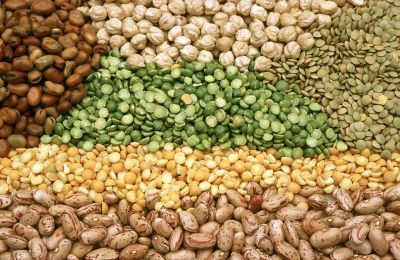
An EU-funded project has investigated how plant and soil traits can influence the productivity of mixed legume and non-legume communities.
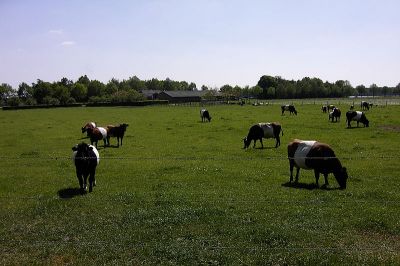
Researchers have identified ways to promote the use of grasslands on farms in the EU, resulting in efficient ruminant production systems and improved provision of ecosystem services.
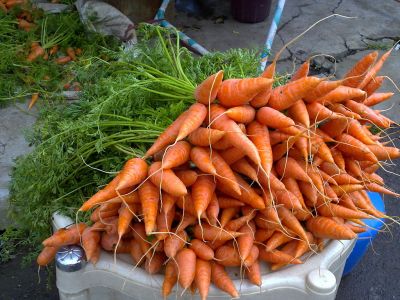
Two research calls have resulted in 14 enterprising projects on promoting organic food markets and farming systems, both in Europe and across the globe.

Annually, fruit and cereal processing industries in Europe and India generate millions of tonnes of by-products that are mainly disposed of as waste. Conversion of such by-products into food ingredients and new food products could increase profit and sustainability.
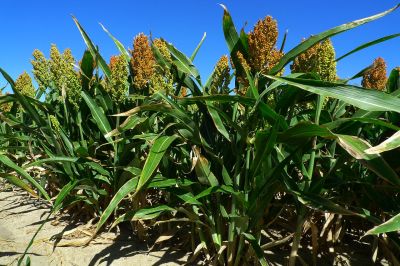
Sweet sorghum has many advantages over other crops when it comes to producing sugar for biofuel. A large international consortium has developed new hybrids, crop models and sustainability analyses to assist in exploitation in numerous environments.

Hemp, traditionally grown for fibres, seeds and psychoactive compounds, is perched at the threshold of a revival in interest for production of innovative biomaterials.
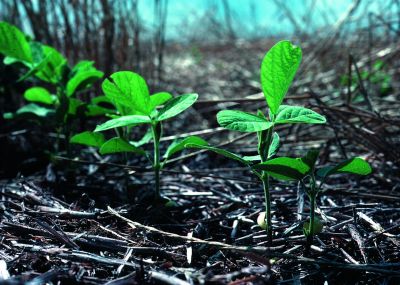
Researchers are identifying genes and physical traits that affect the performance and lifespan of soybean crops during drought and nitrogen stress.
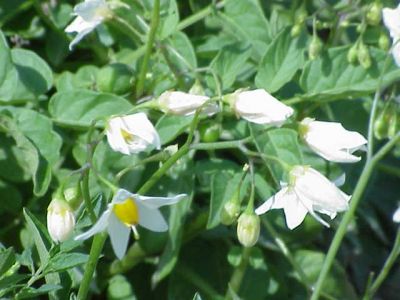
Solanum is a large plant genus including for example potato, tomato and also poisonous nightshade, common European weed. I have identified genes of Solanum ancestors that could be very useful in important commercial crops of the genus.
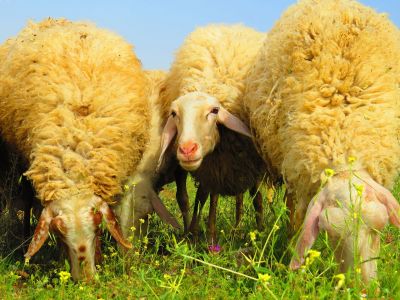
Researchers are developing tools and guidelines to monitor the long-term health of animals exposed to feed derived from genetically modified (GM) crops.
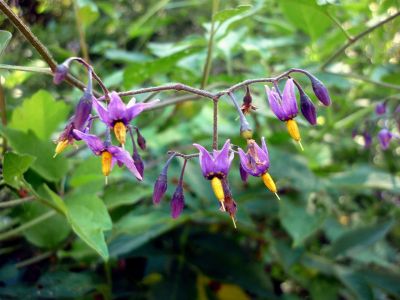
Researchers have gained new insights into how plants respond, at the molecular level, to a lack of oxygen. This could help improve crops grown in low-oxygen environments.
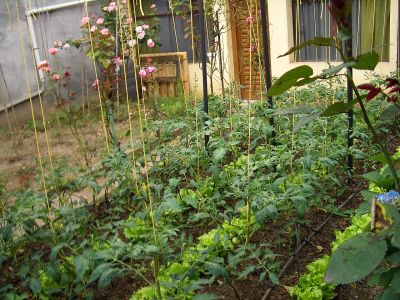
A recent research project has found key proteins that control flowering time in plants, allowing an unprecedented understanding of this economically important process.
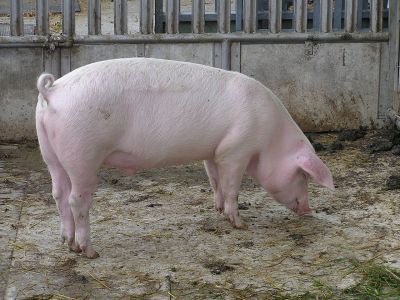
Researchers in the EU are building and testing an automated scanner to rapidly measure meat and fat content of pig carcasses.
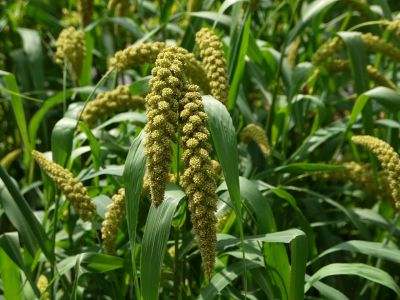
Researchers have used advanced molecular biology tools to improve phosphorus uptake in a common crop plant called foxtail millet.
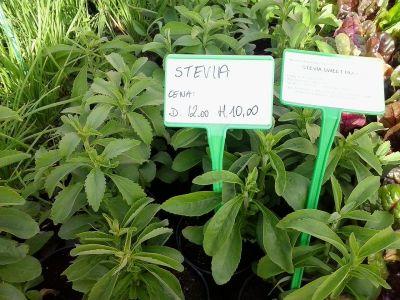
A new research consortium is promoting an alternative crop for tobacco farmers in the face of difficult economic conditions.
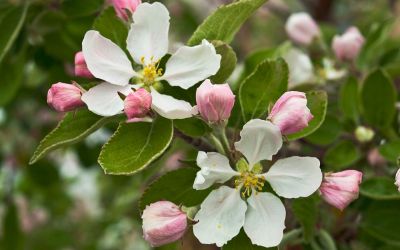
A recent research project has investigated how plants control the progression of flowering and fruiting.
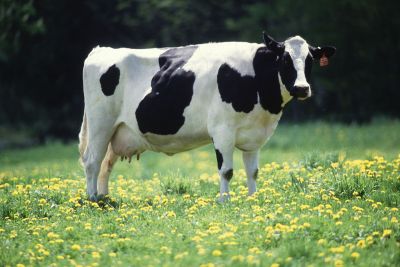
An EU project is devising a way of determining and certifying the species composition of animal feed using genetic methods. The project has prioritised 31 species, and so far two assay procedures consistently identify the target DNA
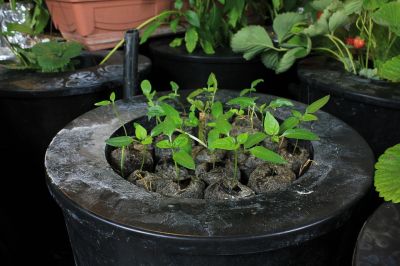
EU funding has placed an Irish research institute at the frontier of agricultural and horticultural research on Earth and beyond.
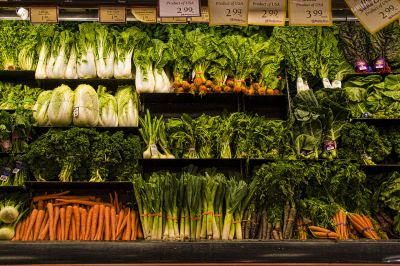
EU funding has ensured that a transnational, collaborative network to promote plant health will endure.
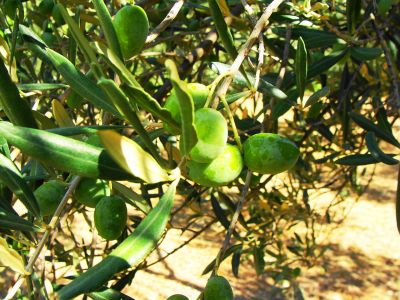
A soil fungus blight threatens the European olive industry. An EU project developed a device for quick assessment of samples, using DNA amplification and electrochemical methods, which helps contain outbreaks.
























